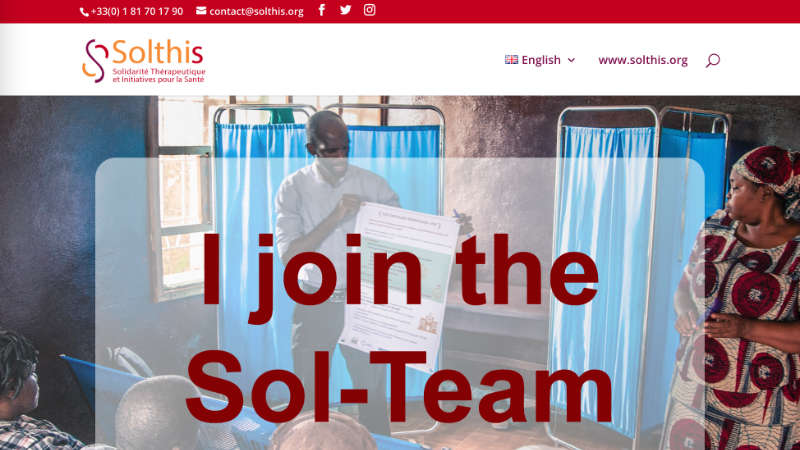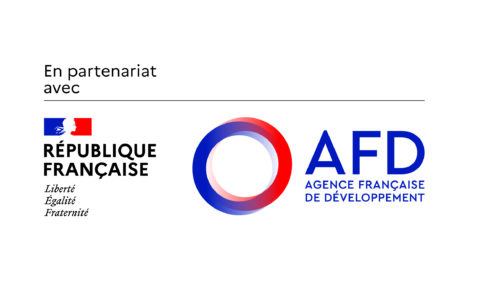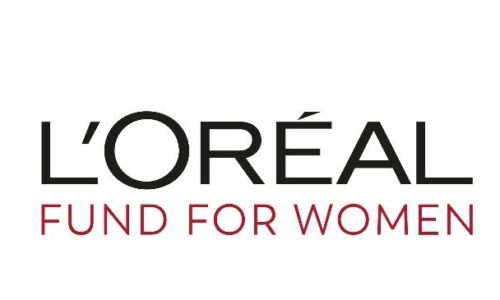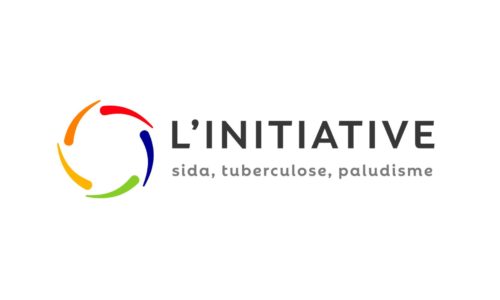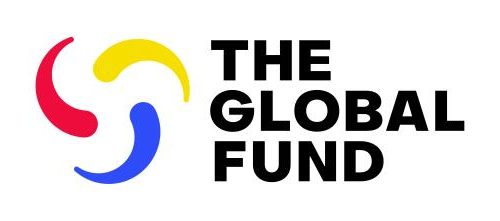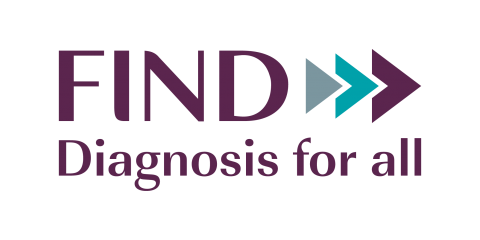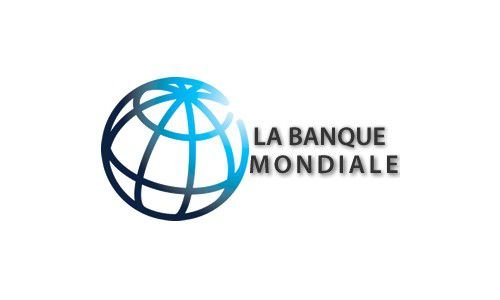According to WHO, almost one million health professionals in Africa fail. Shortages, diagnosed for years with the alarm has been drawn in 2006 by WHO. Despite the known treatments: delegating tasks, invest in training, upgrade health workers; no therapy seems really followed. Added to this the finding of a lack of funding and political will to act in this field. How to better understand this problem? That’s the question that sought to answer Solthis conducting a literature review illustrated by his experiences in the field.
Summary
57 countries, including 36 in sub-Saharan Africa and six in South East Asia, would experience an acute shortage of health workers with a cumulative deficit of 4.3 million personnel. This deficiency is added the glaring inequalities: Africa has only 3% of health workers on the planet when it concentrates 11% of the world’s population and 24% of the global disease burden. This “crisis” of health human resources impede the realization of the Millennium despite increased funding for health.
The causes of this situation are well known, first of which include inadequate training in developing countries that do not produce enough RHS to offset losses due to attrition, emigration and death of personnel. To this is added to produce enough low absorptive capacity of countries: the structural adjustment programs of international financial institutions and the lack of political will have kept spending in countries’ health. The lack of recruitment and remuneration limited leaving many health workers unemployed despite the shortage or pushing them to turn to alternative sources of income which distance them from public health centers. Then, the migratory impulses travel every day of health deprived areas to the richest areas in concentric circles, at local and national level first, then continental, and finally internationally. However it should be noted that the brain drain, although it remains an important ethical issue by putting a little more power systems already in agony, appears to be marginal given the magnitude of the problem: doctors and nurses born in Africa and working in OECD countries represent less than 12% of the total estimated shortage for Africa, 9% for the countries of South East Asia. A quantitative shortage nationally adds or substitutes an inequitable distribution of HRH in the territories, rural and remote areas being neglected in favor of urban areas considered more attractive in terms of living conditions, work, and opportunities for advancement. And the outlook is very optimistic with an increasing burden of the HIV pandemic in the South and an extension of the demand for HRH the North with an aging population.
Given this situation, several lines of action have emerged. The first is to adapt and increase drastically the training of personnel in the South. This requires including the creation of HRH observatory to fuel a national plan with a long-term vision needs to be filled. A second type of strategy is to focus on improving the productivity of existing staff by optimizing their use. This may be to use innovative solutions related to information technology or to develop systems to support clinical mentoring staff in post. Given the urgency, a track short-term preferred to reorganize the skill mix in care teams through delegation of tasks that gives new responsibilities to lower-skilled executives whose time and cost of training smaller can rapidly expand the number. Recently, strategies for performance incentives also appear to be gaining ground in the central African country. To improve retention and correct imbalances in the distribution of health personnel, various types of financial incentives, and non-financial measures to make work pay HHR are highlighted such as school construction in rural areas or the establishment of a protection system for the HHR.
None of these tracks is nonetheless a miracle cure and research must be thorough in all areas. Internationally, it is the duty of the North to establish ethical boundaries in poaching HHR South. Especially, a decisive financial commitment is needed to build sustainable health systems in developing countries. If the international community and development agencies have clearly placed this issue on their agenda, the real changes are slow to materialize.

